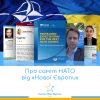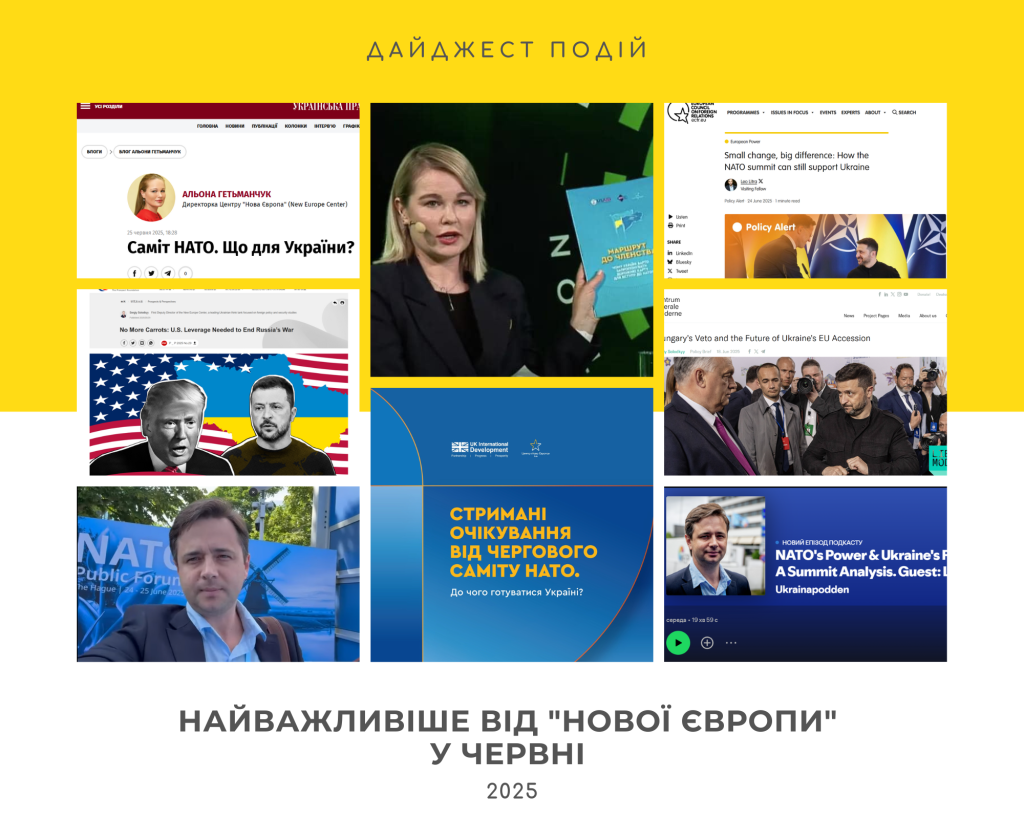INTRODUCTION
After the voting for the long-awaited reform of education, official Kyiv has encountered a diplomatic crisis in the European direction. The reform, designed to introduce the European standards in Ukrainian school system, led to deterioration of relations with several Western neighbors, cooperation with which has been recently presented as a success of Ukrainian diplomacy. One of the innovations of Ukrainian law “On Education” is the change in approach to teaching the state language in minority schools. The MFA was aware of the negative attitude of certain states toward the proposed changes; however, it seems that it was not prepared for the sharp diplomatic reaction provoked by language-related provisions.
To guarantee its own security, Ukraine requires thorough and proactive diplomacy, and forming strong regional alliances is an integral part of it. Decisions that are not prepared in terms of both communication and institutional support has not only put bilateral cooperation under serious blow, but also turned Hungary into the first open opponent of Ukraine within the EU. The crisis demonstrated that Ukraine lacks strategic vision of relations with its neighbors, particularly in terms of dealing with such sensitive issues as the status and rights of minorities, as well as weaknesses in communication and coordination of the Government and the Parliament.
In this paper, we will analyze the reaction of Ukraine’s neighbors to the adopted law, the opportunities for mutual understanding, and the impact of the conflict on the dialogue between Kyiv and Brussels. The key findings from the analysis of the “stress test” caused by the law on education became the basis for recommendations for a qualitative reboot of Ukraine’s relations with its EU neighbors.
To download the PDF version of the Policy Brief, click here.
This research was prepared with the support of the Black Sea Trust for Regional Cooperation of the German Marshall Fund of the US. The contents are those of the New Europe Center and do not necessarily reflect the views of the BST. No part of this research may be reproduced or transferred in any form or by any means, graphic, electronic, or including photocopying or by any information storage retrieval system, without the proper reference to the original source.







